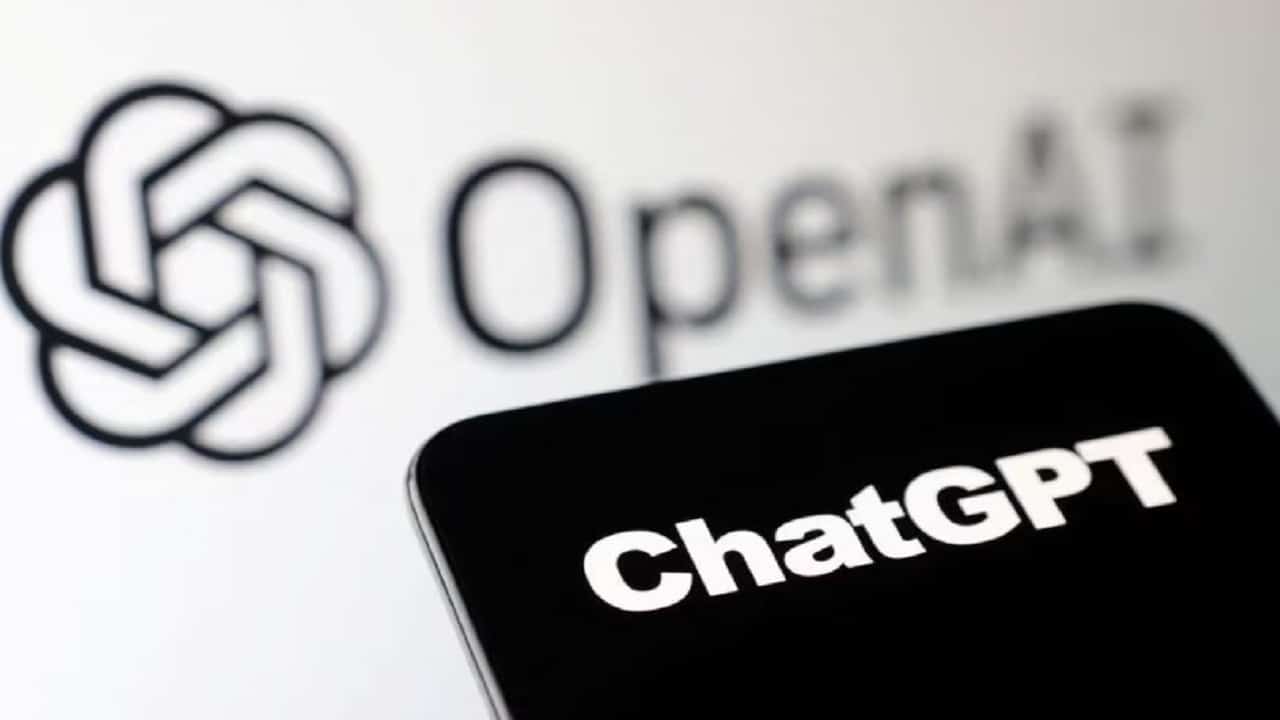The global debate on AI risk and regulation has seen a number of noteworthy developments during the past few weeks.
A push for stronger regulation has emerged from both the OpenAI hearings in the US with Sam Altman and the EU’s introduction of the updated AI Act.
The agreement between governments, researchers, and AI developers on the need for regulation, however, has surprised some. Sam Altman, the CEO of OpenAI, suggested setting up a new government agency that grants licenses for the development of large-scale AI models during his appearance before Congress.
In addition to recommending “a combination of licensing and testing requirements,” he also suggested that companies like OpenAI should be subject to independent audits as a means of industry regulation.
There is, however, still no agreement on the specifics of such legislation or what areas possible audits ought to concentrate on, despite the fact that there is growing unanimity on the hazards, including potential effects on people’s work and privacy. Two major themes arose at the World Economic Forum’s first Generative AI Summit, where AI professionals from businesses, governments, and academic institutes came together to promote alignment on how to handle these new ethical and regulatory considerations:
Responsible and Accountable AI Auditing
We must first modernize the standards we have for companies that create and use AI models. When we consider what “responsible innovation” actually entails, this becomes very crucial. Since its government has provided advice for AI through five basic principles, including safety, transparency, and justice, the U.K. has taken the lead in this conversation. Recent research from Oxford has also shown how “LLMs such as ChatGPT bring about an urgent need for an update in our concept of responsibility.”
The growing difficulty of comprehending and auditing the new generation of AI models is a major motivator behind this demand for additional duties. We may use the example of suggesting job prospects as a way to illustrate this evolution by contrasting “traditional” AI to LLM AI, or large language model AI.
Traditional AI might be biased if it were trained on data that shows employees of a particular race or gender in more senior-level positions and then recommended those people for positions. Fortunately, this is something that could be identified or audited by looking at the information used to train these AI models and the conclusions they produced.
This form of bias auditing is becoming more and more challenging, if not occasionally impossible, to assess for bias and quality with modern LLM-powered AI. A conversational recommendation might include biases or more subjective “hallucinations” in addition to the fact that we do not know what data a “closed” LLM was trained on.
Who will decide whether ChatGPT’s account of a speech by a presidential contender, for instance, is biased?
As a result, it’s more crucial than ever for products that incorporate AI recommendations to take into account additional duties, like how traceable the suggestions are, to make sure that the models used for recommendations can actually be biased-audited rather than just employing LLMs.
The key to new AI rules in HR is defining what constitutes a recommendation or a decision. For instance, the new NYC AEDT law is pushing for bias audits for technologies that expressly deal with hiring decisions, like those that can do so automatically.
However, the legal environment is increasingly expanding beyond merely how AI makes judgments to include how it is created and applied.
Transparency Around conveying AI Standards to Consumers
This takes us to the second major theme: the requirement for governments to establish more detailed and comprehensive guidelines for the development of AI technology and their communication to users and employees.
Christina Montgomery, IBM’s chief privacy and trust officer, emphasized the need for guidelines at the most recent OpenAI hearing, stressing the importance of ensuring that users are informed each time they interact with a chatbot. The latest EU AI Act’s discussions for prohibiting LLM APIs and open-source models center on this kind of transparency regarding how AI is built and the danger of bad actors utilizing such models.
Before the choices between hazards and advantages are more clearly understood, more discussion will be needed over how to manage the proliferation of new models and technologies. The need for rules and laws, as well as knowledge of both the hazards and the potential, is become more urgent as the influence of AI accelerates.
Implications of AI Regulation for HR Teams and Business Leaders
Human resources teams may be the ones who are feeling the effects of AI the quickest. They are being asked to deal with new pressures to give employees chances to learn new skills and to give their executive teams updated predictions and workforce plans based on the new skills that will be needed to change their business strategy.
At the two recent WEF summits on Generative AI and the Future of Work, I talked with leaders in AI and HR, as well as policymakers and academics, about an emerging consensus: that all companies need to push for responsible AI adoption and understanding. The World Economic Forum (WEF) just released its “Future of Jobs Report,” which shows that 23% of jobs are likely to change in the next five years, with 69 million new jobs and 83 million lost jobs. That means that at least 14 million jobs are in danger.
The report also says that by 2027, six out of ten workers will need to change their skills to do their jobs. They will need to upskill or reskill. However, only half of employees have access to training chances that are good enough right now.
So how should teams keep their employees interested in the fast-paced change brought on by AI? By leading an internal transformation that focuses on their employees and carefully thinking about how to create a compliant and connected set of people and technology experiences that give workers more insight into their careers and the tools to improve themselves.
The new wave of regulations is shedding new light on how to think about bias when making decisions about people, like hiring. However, as these technologies are used by people in and out of the workplace, it is more important than ever for business and HR leaders to understand both the technology and the regulatory landscape and drive a responsible AI strategy in their teams and companies.






































